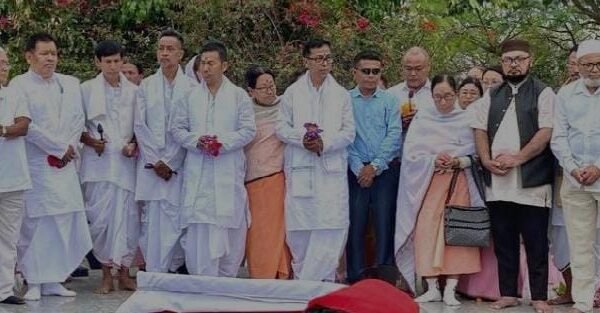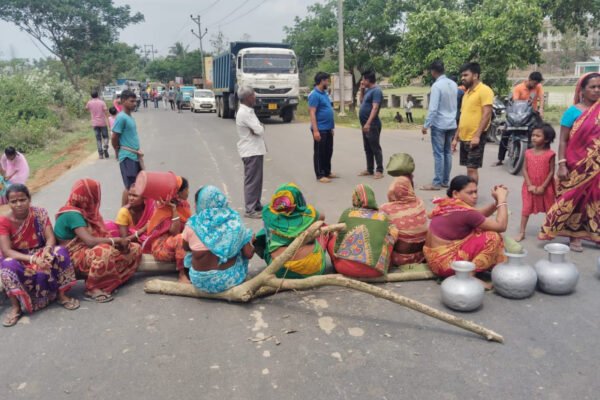- NET Web Desk
The Manipur Chief Minister N. Biren Singh has now become the latest chief from northeastern region to join the clamour, associated with the repeal of Armed Forces Special Powers Act (AFSPA), 1958.
“We have been demanding its repeal in Manipur. We shall continue to do so,” – asserted Singh.
Amid the escalating demands from different quarters of Northeastern regions, Singh’s silence on the same was questioned by various Human rights activists.
The Civil Society Coalition on Human Rights stated that it was surprising how Manipur Chief Minister remained silent on the issue.
Convener of the organisation, Phulindro Konsam, said the CM established his political career on the issue of anti-AFSPA.
However, the Congress legislator A. Mirabai had accused Singh of maintaining a deafening silence.
“People are wondering if they got a dynamic leader” – stated Mirabai.
Earlier, the Meghalaya CM Conrad Sangma & Nagaland CM Neiphiu Rio also demanded the repeal of this act, citing the same as “Draconian Law”.
Voices for its repeal renewed after the killing of innocent civilians in Nagaland on December 4.
On Saturday last, at least 13 civilians identified as coal-miners were gunned down by security forces in Mon district of Nagaland. Referring the killings as “unfortunate”, the Indian Army confirmed the incident.
The unfortunate incident is basically the repercussion of botched army operation, which mistook the civilians as insurgents from the Yung Aung faction of the banned militant outfit – National Socialist Council of Nagaland-Khaplang (NSCN-K).
Its worthy to note that on June this year, the Centre had declared Nagaland as “Disturbed Area” and further extended the operation of the Armed Forces (Special Powers) Act, 1958 for 6 more months. The AFSPA has been in force in Nagaland for several decades.
Disturbed Areas (Special Courts) Act, 1976, asserts that once declared “disturbed”, the area has to maintain the status quo for a minimum of three months. Under this act, in a “disturbed” area, an officer has full power to warn, or open fire and other kinds of forces against the person who is acting against law.









